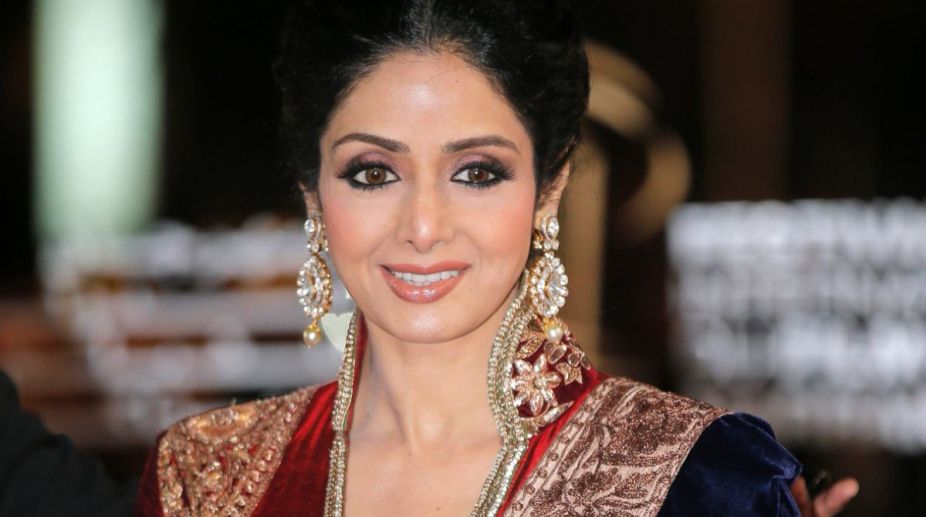Publicity, even negative, is the life-blood of show-business. And that furnishes valid reason for sections of the electronic media to introspect on the sharp criticism of the manner in which the more popular television channels reported the death of the film star, Sridevi.
It has long been standard practice for loud-mouth anchors (male and female) to deem people in the news fair game for their aggressive, often uncouth questioning, not realising that the media is required to attempt to provide answers, questioning is the easy part of the job. Yet to extend that prosaic licence to wild, unfounded, demeaning speculation on a celebrity’s death is despicable, particularly in the absence of any solid basis for such kite-flying.
Advertisement
True that the initial reports did confuse, there was little official information forthcoming ~ mercifully the authorities in Dubai were more reticent than their Indian counterparts ~ but none of that could warrant the ego-trips on which TV anchors sank the credibility of their news organisations. Yes, 24-hour television does exert its own pressures but professionalism demands the maturity to uphold values higher than what ratings suggest. Few media-persons will ever live down the observation of Farhan Akhtar who tweeted “there’s no bottom in the barrel of the graceless”.
It was not just the amateur sleuths the channels unleashed, but the fact that they gave play to politicians known for being sensational that betrayed dubious intentions. This was a story to be squeezed of every possible drop of juice ~ never mind if those drops were actually the tears of Sridevi’s loved ones. As another star put it, “Sridevi didn’t die to entertain you…” Seldom before has there been such emotional slamming of the electronic media.
Alas, it has become too powerful a monster for the pubic to heed the advice of fashion-designer Maseba Manterna to “do yourselves and your family a favour… put that TV off.” Upcoming actor Swara Bhaskar made a serious point when saying “there are far too many news channels in India that simply do not have any right to call themselves news channels….” Yet does the fault lie in mere numbers, there are many more newspapers and magazines than TV channels, do all of them stoop so low?
Regulation is a dirty term in an open society and television had opted for self-regulation holding that peer review would act as the best curb on unethical practice. The evidence shows that has largely been a futile exercise.
Many channels have their print-media links, it would be a valid exercise to compare the top stories in TV bulletins with the front pages: yet it is difficult not to note that while the market did not support the tabloids, the mirch masala channels seem commercially successful. But the depths to which television has sunk explains why many veteran newspapermen (and women) still insist on being called the “Press” ~ not the “media”.











